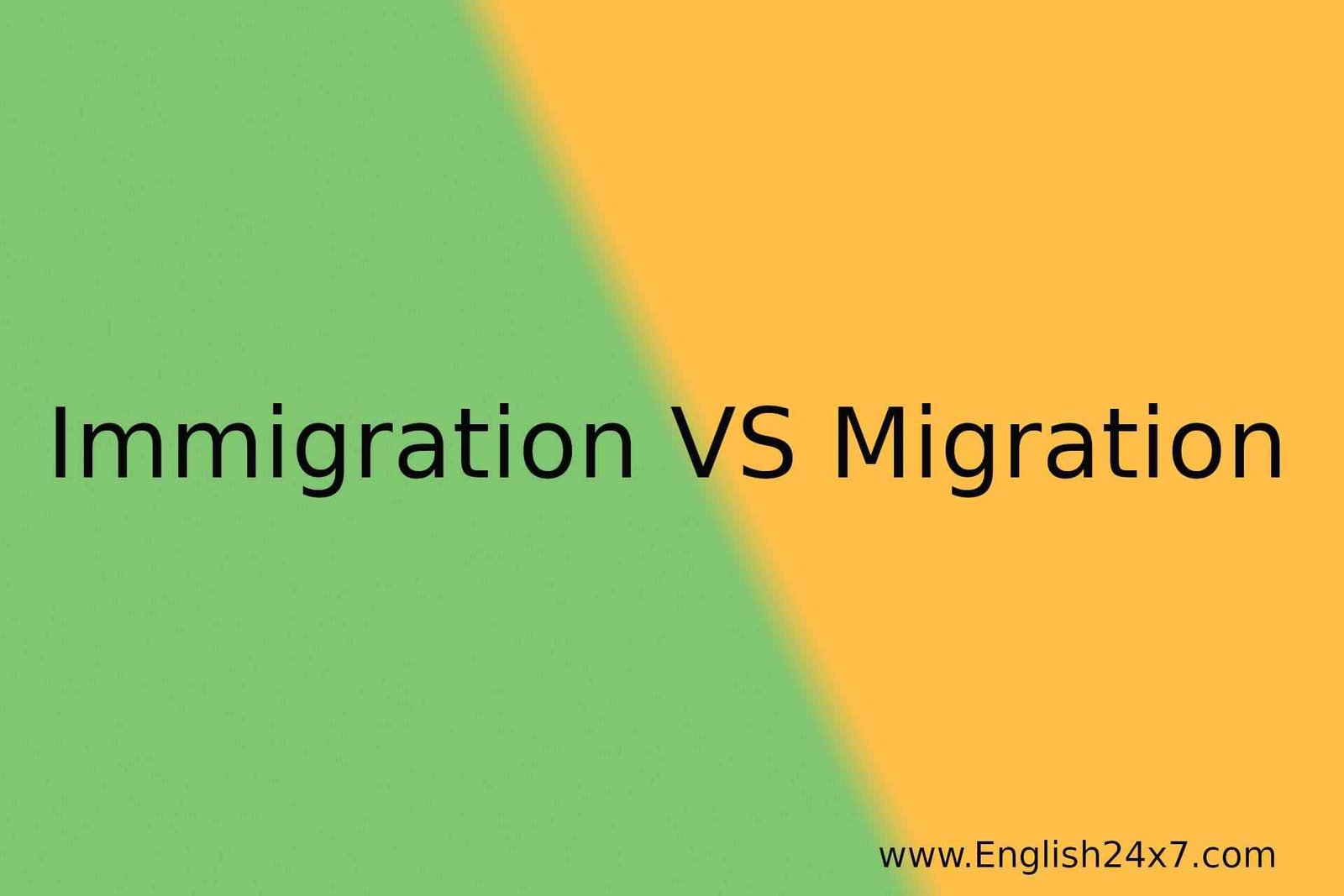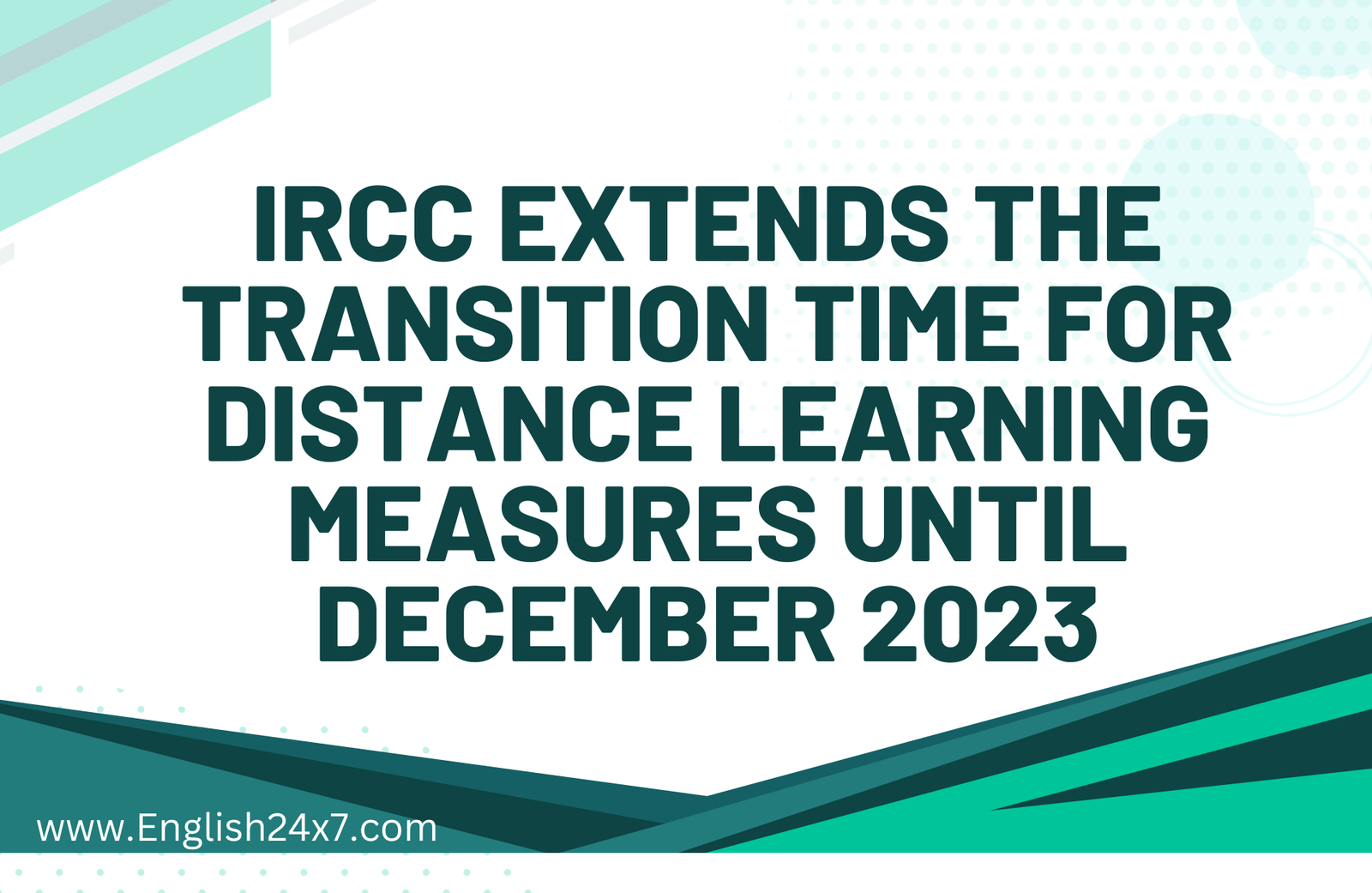
Canada Extends Temporary Work Permit Application Process for Tourists
IRCC has extended a program allowing foreign people seeking a job offer in Canada to apply for a work permit.
Yesterday, the IRCC issued an extension to a temporary public policy extension from the COVID era. This regulation permits foreign nationals visiting Canada with a valid job offer to apply for a work permit while still in the country. A valid job offer is defined as a written offer of full-time employment for at least one year.
The job offer must be accompanied by a Labour Market Impact Assessment (LMIA) or be excluded from LMIA requirements. This policy was due to expire on February 28, 2023; however, it has been extended for an additional two years, until February 28, 2025.
To qualify for selection under this temporary policy, applicants must:
- have valid visitor status in Canada on the day of application;
- have a job offer supported by a Labour Market Impact Assessment (LMIA) or an LMIA-exempt offer of employment;
- apply to an employer-specific work permit no later than February 28, 2025;
- and meet all other standard admissibility criteria.
Applicants who have held a valid work permit within the past year and who currently hold visitor status may also request interim work permission to begin working for their new employer before their work permit application is approved. This change in legislation eliminates the requirement for visitors to leave Canada to apply for a work visa, making it easier for Canadian firms to locate workers.
Interim Permission to Work
A Temporary Resident Visa (TRV), commonly referred to as a visitor visa, is an immigration document that allows foreign nationals to enter and travel inside Canada. Many international travellers may require a visitor visa to enter Canada. This is true regardless of their status as a student, temporary workers, or visitors.
Before the pandemic, TRV holders were unable to apply for a work permit from within Canada. Instead, candidates were required to submit a work permit application to the visa office of their country of origin while in Canada. Then, if the work visa was approved, applicants were required to depart Canada. After re-entry, their employment permit would take effect.
As travel became impossible for many due to the COVID-19 epidemic, this was modified. Immigration, Refugees and Citizenship Canada (IRCC) began allowing TRV holders to submit work permit applications from within Canada beginning in August 2020.
You can apply for a work permit from within Canada but can only begin working once IRCC accepts the application. According to the current processing times of the IRCC, this can take around 169 days.
The IRCC created the Temporary Authorization to Work policy to solve this issue. This allows eligible applicants to begin working while the IRCC processes their work permit application. This aims to enable individuals with an employer-specific job offer to begin work immediately. IRCC processing timeframes for work permits submitted nationwide would be sped up.
A person's application for a work permit may be denied while on Interim Authorization. Nonetheless, if the application for a work permit is approved, Interim Authorization permits TRV holders to begin working sooner than if they had to wait for final approval.







